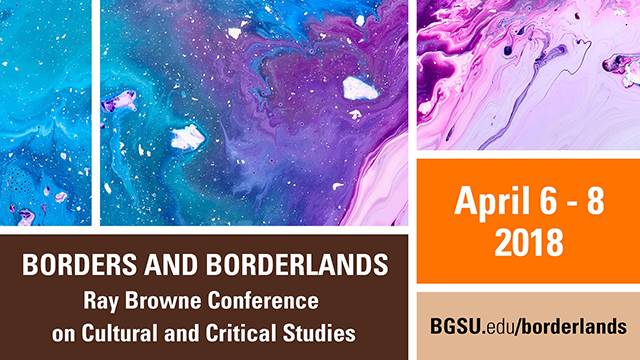
Concurrent Panel Session Four
Teaching Tolerance: Using Syrian Refugee Literature in the Secondary Language Arts Classroom
Start Date
7-4-2018 10:30 AM
End Date
7-4-2018 11:20 AM
Abstract
An inevitable academic lag exists between real life events and their inclusion in secondary classroom settings. Though this is true of all academic mediums, literature is particularly affected, because of the length of time it takes to create, produce, and distribute. This has been true of literature on the Holocaust, Vietnam, 9/11, to name a few, and presently, the Syrian refugee crisis. Additionally, works pertaining to such events are often subject to intense scrutiny once they are drawn into the education system. They are criticized for their graphic realism and perceived political tilts. Rarely are they lauded for those elements, despite their ability to create critical thinkers, empathetic individuals, and educated political actors.
I argue that the use of these texts, specifically in a high school English classroom, fosters critical thinking and active engagement in current world affairs. Rather than shielding high school students from the harsh realities of current affairs, these novels allow students to safely interact with the important topics. In this paper, I ask two research questions: What are the most effective pedagogical methods for teaching about the Syrian refugee crisis through literature? How can postcolonial theory and critical race theory be used to help students understand the texts and the real life issue they address? Through textual analysis of several novels, which address the crisis, I explain the effectiveness of the texts and create comprehensive lesson plans that can be adapted by high school English teachers to address other current events, such as the ethnic cleansing in Myanmar or the Black Lives Matter movement.
I conclude that the most beneficial pedagogical framework is a combination of critical pedagogy and procedurally directive teaching, which focus on deconstruction activities and collaborative processes, respectively. Throughout this paper, I will call this combination critically reflective pedagogy. By combining the techniques of these pedagogies, teachers can address the complex nature of the Syrian refugee crisis in constructive ways. Using critical race theory and postcolonial theory to analyze the texts, students are introduced to critical means of inquiry that can be used to understand this and other current events.
Teaching Tolerance: Using Syrian Refugee Literature in the Secondary Language Arts Classroom
An inevitable academic lag exists between real life events and their inclusion in secondary classroom settings. Though this is true of all academic mediums, literature is particularly affected, because of the length of time it takes to create, produce, and distribute. This has been true of literature on the Holocaust, Vietnam, 9/11, to name a few, and presently, the Syrian refugee crisis. Additionally, works pertaining to such events are often subject to intense scrutiny once they are drawn into the education system. They are criticized for their graphic realism and perceived political tilts. Rarely are they lauded for those elements, despite their ability to create critical thinkers, empathetic individuals, and educated political actors.
I argue that the use of these texts, specifically in a high school English classroom, fosters critical thinking and active engagement in current world affairs. Rather than shielding high school students from the harsh realities of current affairs, these novels allow students to safely interact with the important topics. In this paper, I ask two research questions: What are the most effective pedagogical methods for teaching about the Syrian refugee crisis through literature? How can postcolonial theory and critical race theory be used to help students understand the texts and the real life issue they address? Through textual analysis of several novels, which address the crisis, I explain the effectiveness of the texts and create comprehensive lesson plans that can be adapted by high school English teachers to address other current events, such as the ethnic cleansing in Myanmar or the Black Lives Matter movement.
I conclude that the most beneficial pedagogical framework is a combination of critical pedagogy and procedurally directive teaching, which focus on deconstruction activities and collaborative processes, respectively. Throughout this paper, I will call this combination critically reflective pedagogy. By combining the techniques of these pedagogies, teachers can address the complex nature of the Syrian refugee crisis in constructive ways. Using critical race theory and postcolonial theory to analyze the texts, students are introduced to critical means of inquiry that can be used to understand this and other current events.

